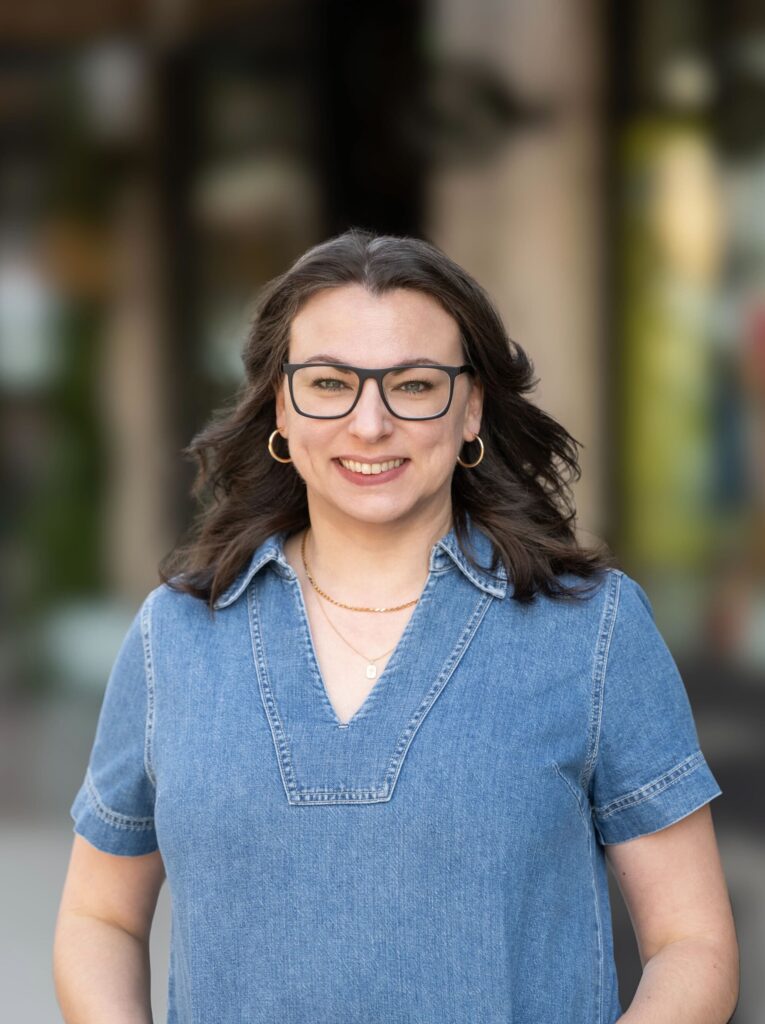Transforming Organizer-Funder Learning Partnerships
Katie Fox
June 2023
Years ago, when I was an organizer-in-training in New England, my organizing director would call me each evening to reflect together on the day’s work. We’d celebrate our successes, unpack the day’s challenges, and discuss what to do differently tomorrow – how we could get more volunteers in the office, reach more community members, or build a volunteer’s ability to lead a team. These daily conversations were foundational to my growth as an organizer. It was in those discussions that I deepened and honed my understanding of organizing.
Engage in organizing for any period of time and you’ll find that ongoing learning is core to the practice. Organizers regularly engage in individual and collective reflection to identify what is working, what is not, and how to adjust to accomplish goals and adapt to changing conditions. The real-time and emergent learning that happens in organizing often takes the form of storytelling and reflective discussion, enabling organizers to be nimble while remaining grounded in the democratic and relational foundations of organizing.
That said, how organizers learn – their ways of knowing – tend to diverge from the dominant approaches in the evaluation and philanthropic sectors that emphasize objectivity, rigor, quantitative measures, and evaluative expertise.
In recent years, our team at Grassroots Solutions has witnessed increased philanthropic interest in organizing as well as an authentic desire from funders and evaluators to conduct learning and evaluation projects that have value and relevance to the organizers they fund. However, the disconnect between foundation and organizer learning practices means that funders and evaluators often struggle to meet organizers where they are and to orient to the relational, emergent, “nontraditional” ways that organizers learn. As a result, we have witnessed that the discrepancy in learning, coupled with the inherent power imbalance between funders and organizers, often forces organizers to adapt to funders’ learning and evaluation priorities and practices.
Over the next year, Grassroots Solutions, with support from The California Endowment, is conducting a field-building project to help bridge the divide between organizer and funder learning practices. The Organizer Learning Project aims to support funders, researchers, and evaluators to better orient their learning partnerships to the interests and practices of organizers. We hope to deepen what we know about organizer learning and reimagine how funders and evaluators engage with organizers on learning projects. We are guided by a central question: If funders and evaluators centered the learning practices and interests of community organizers, how would that change their approach to learning projects and partnerships with organizers?
To learn more about this project and how you can support, check out our two-page overview linked here or email me, Katie Fox, at katie@grassrootssolutions.com.




